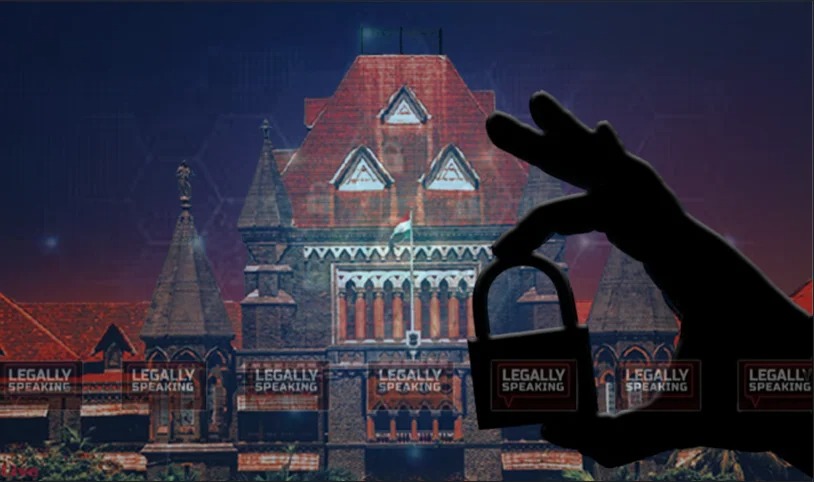
Two fresh petitions challenging the recent amendments to the Information Technology (Intermediary Guidelines and Digital Media Ethics Code) Rules, 2021 (IT Rules 2021) have been filed before the Bombay High Court.
The Editors Guild of India and the Association of Indian Magazines filed these petitions, which were taken up for hearing on Wednesday by a division bench comprising Justics GS Patel and Justice Neela Gokhale.
The bench directed the Ministry of Electronics and Information Technology (Meity) to submit its response.
In light of this development, Additional Solicitor General Anil Singh informed the bench that the Central government would postpone the formation of the fact-checking body, empowered under the IT Rules, to identify and label potentially false or fake online news related to government activities. The formation will now be deferred until July 10. The next hearing in this case is scheduled for July 6.
These two new petitions will be heard in conjunction with a previous petition filed by stand-up comedian Kunal Kamra.
All the petitions challenge the revised Rule 3(1)(b)(v) and Rule 3(i)(II)(A), (C) of the Information Technology (Intermediary Guidelines and Digital Media Ethics Code) Amendment Rules, 2023. The petitioners argue that these amendments violate Section 79 of the Information Technology Act, as well as Article 14 (right to equality) and 19(1)(a)(g) (freedom to practice any profession, or to carry on any occupation, trade, or business) of the Constitution.
The amendment introduces the establishment of a fact-checking unit responsible for identifying objectionable content. The petitioners contend that this provision will prompt telecom service providers and social media intermediaries to take action against content flagged by the fact-checking unit. Failure to do so would result in the loss of safe harbor protection provided under Section 79 of the Information Technology Act.
The Central government opposed the petition, stating that false and misleading information could have adverse effects on electoral democracy and undermine citizens’ trust in democratic institutions. However, the division bench expressed a prima facie opinion that, contrary to the government’s affidavit, the rules do not appear to provide protection for fair criticism of the government, including parody and satire.




